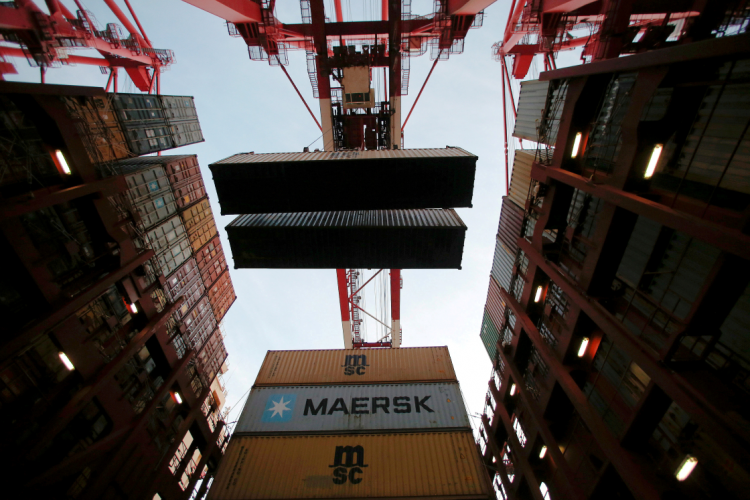Amid heightened security concerns, Maersk, the operator of the world's second-largest container ship fleet, announced a change in its shipping route, opting to circumnavigate the Cape of Good Hope instead of passing through the Red Sea. This decision will likely increase shipping costs and delay delivery times.
Maersk's move follows similar actions by other shipping giants. Germany's Hapag-Lloyd altered all its ships' routes on Monday to pass around the Cape of Good Hope, and Mediterranean Shipping Company (MSC) decided on Friday to change some of its routes.
Last Friday, Maersk stated that it had temporarily suspended all its sailing plans in the Red Sea and the Strait of Mandeb due to safety concerns following the recent escalation of conflicts in the Red Sea.
The Strait of Mandeb-Red Sea-Suez Canal route, a crucial transit point connecting Asia, Africa, and Europe, is one of the busiest shipping lanes in the world. Its accessibility is vital for the international supply chain. Lasse Kristoffersen, CEO of Wallenius Wilhelmsen, a shipping company, mentioned:
"We will continue to closely monitor the situation and maintain communication with authorities, industry bodies, and all relevant counterparts. The rerouting is expected to add one to two weeks to the journey."
Michael Aldwell, Executive Vice President of Swiss logistics group Kuehne+Nagel, noted that about 19,000 ships pass through the Suez Canal annually, typically completing an Asia-Europe voyage in 30 to 40 days. Choosing this alternative route from Asia to Europe could extend the journey by three to four weeks.
An earlier article highlighted that the International Chamber of Shipping warned that ships avoiding the Suez Canal and circumnavigating the Cape of Good Hope in southwestern Africa would face increased sailing costs and longer transit times, consequently delaying delivery.
Zheshang Securities pointed out that with major container shipping companies avoiding the Red Sea, container transportation has been directly affected. The European line market is expected to experience further short-term upward momentum. The rerouting by shipowners, resulting in increased sailing days, is likely to boost container shipping rates.
Additionally, air freight is also expected to benefit in the short term from this rerouting of ships. As European line container ships circumnavigate, some cargo originally transported by sea may shift to air freight. Coupled with the Christmas stocking season, this is expected to further drive up air freight rates.





